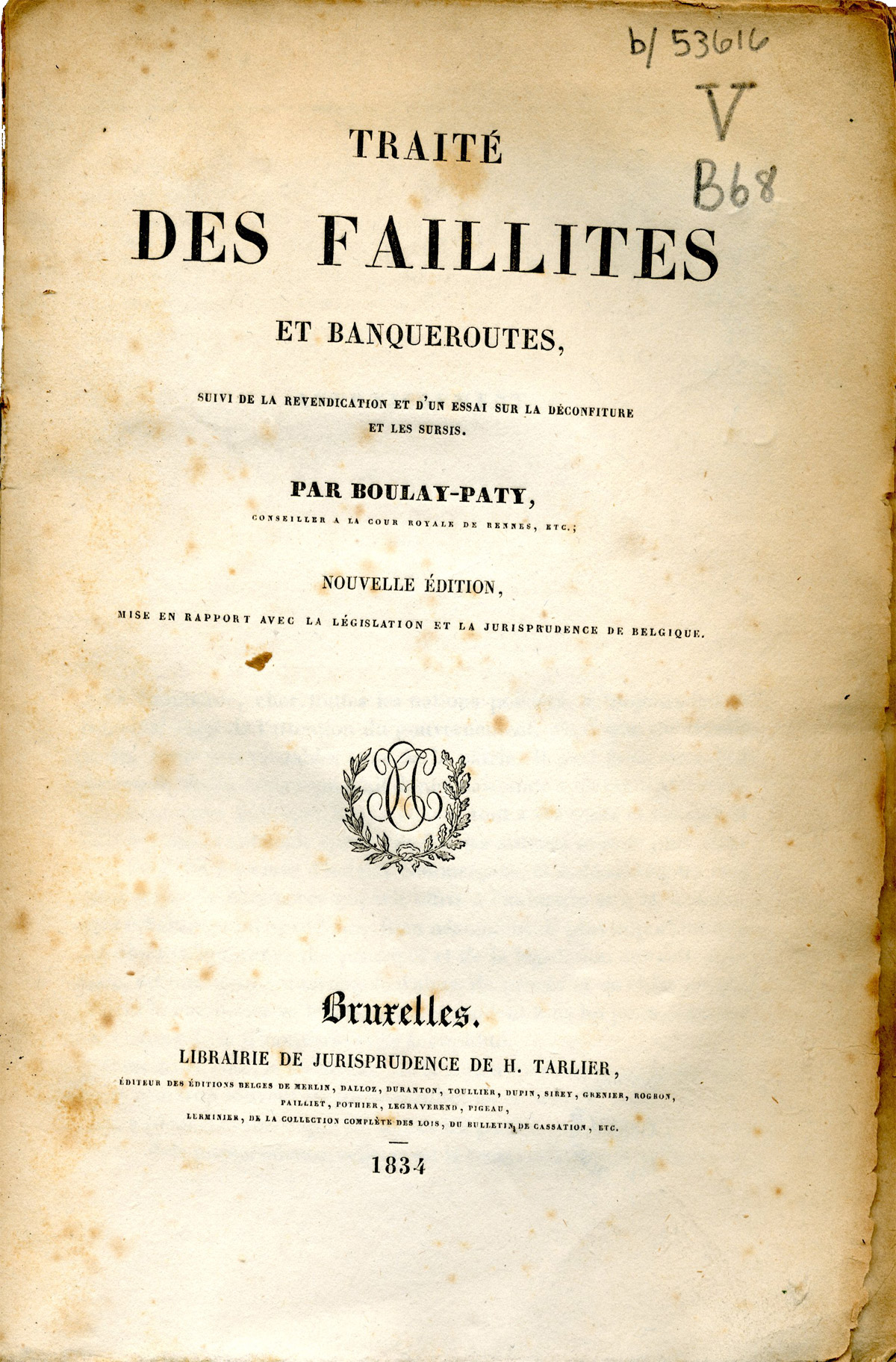Traité des Faillites et Banqueroutes, written in the early 19th century, is one of the first attempts to collect and codify bankruptcy laws both in France and through Europe. Until then, bankruptcy law had been a hodgepodge of local, regional, national, and common law. This effort was an implicit recognition of what had been clear since time immemorial - merchants could and did renege on their debts, leading themselves and their entire business networks into insolvency. In short, networks could and did fail.
Sephardic networks were as prone to disintegration as any other. A close look at the archival documentation of the Amsterdam Sephardic community paints a picture of fractiousness, dissent, religious unrest, and civil lawsuits. This reality challenges the conventional wisdom of the efficiency of Jewish trade networks based on family, kinship, and shared ethno-religious background. In fact, Sephardic traders in 17th century Amsterdam often brought each other to ruin, either through bad luck, ineptitude, or malfeasance. Their tightly-woven networks only exacerbated the domino effect if one merchant failed. Sephardic merchants were as likely as any other to declare bankruptcy in civil court, and depend on the law, such as it was, to decide their fate.
